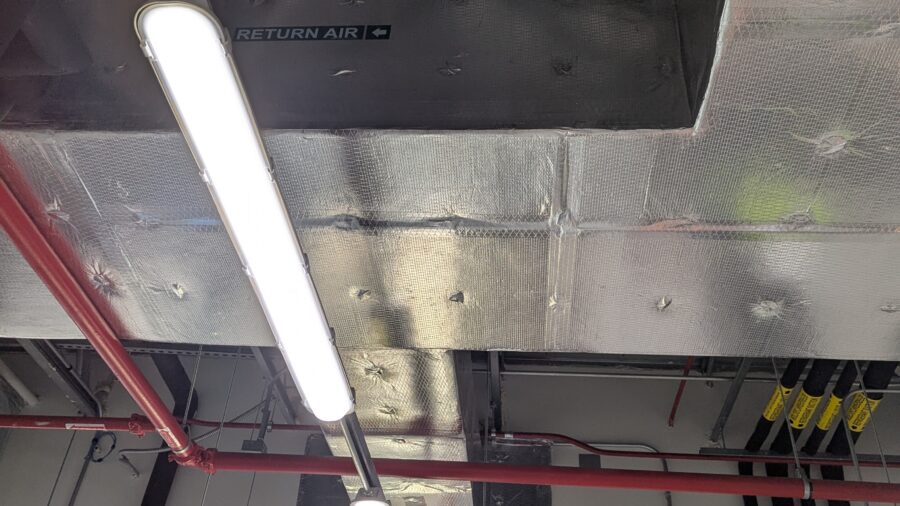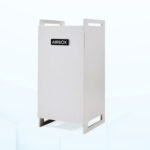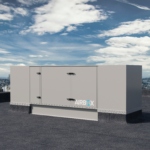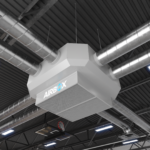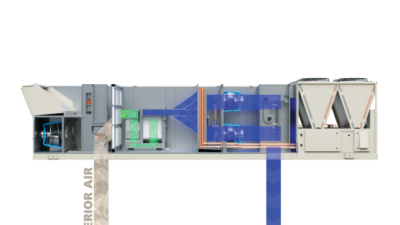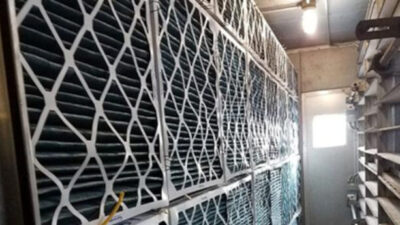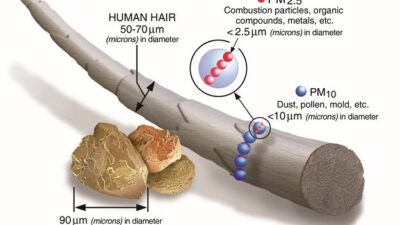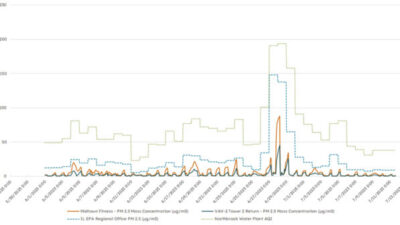Air Quality
Air quality in a building refers to the quality of the air that is present inside the building. It is affected by a variety of factors, including the levels of pollutants, allergens and other contaminants in the air, as well as the temperature, humidity and ventilation of the building. Good air quality in a building is important for the health and comfort of the occupants. Poor air quality can cause a variety of health problems, including respiratory issues, allergies and headaches. It can also affect the performance and productivity of the occupants, as well as the overall energy efficiency of the building. There are several factors that can impact air quality in a building, including:
- Pollutants: Pollutants such as mold, dust and chemicals can enter a building through a variety of sources, including building materials, products and outdoor air.
- Ventilation: Adequate ventilation is important to bring in fresh air and remove contaminants from the building.
- Temperature and humidity: The temperature and humidity of a building can affect the comfort of the occupants and the growth of mold and other pollutants.
- Building materials and products: The choice of building materials and products can impact the quality of the air in a building.
